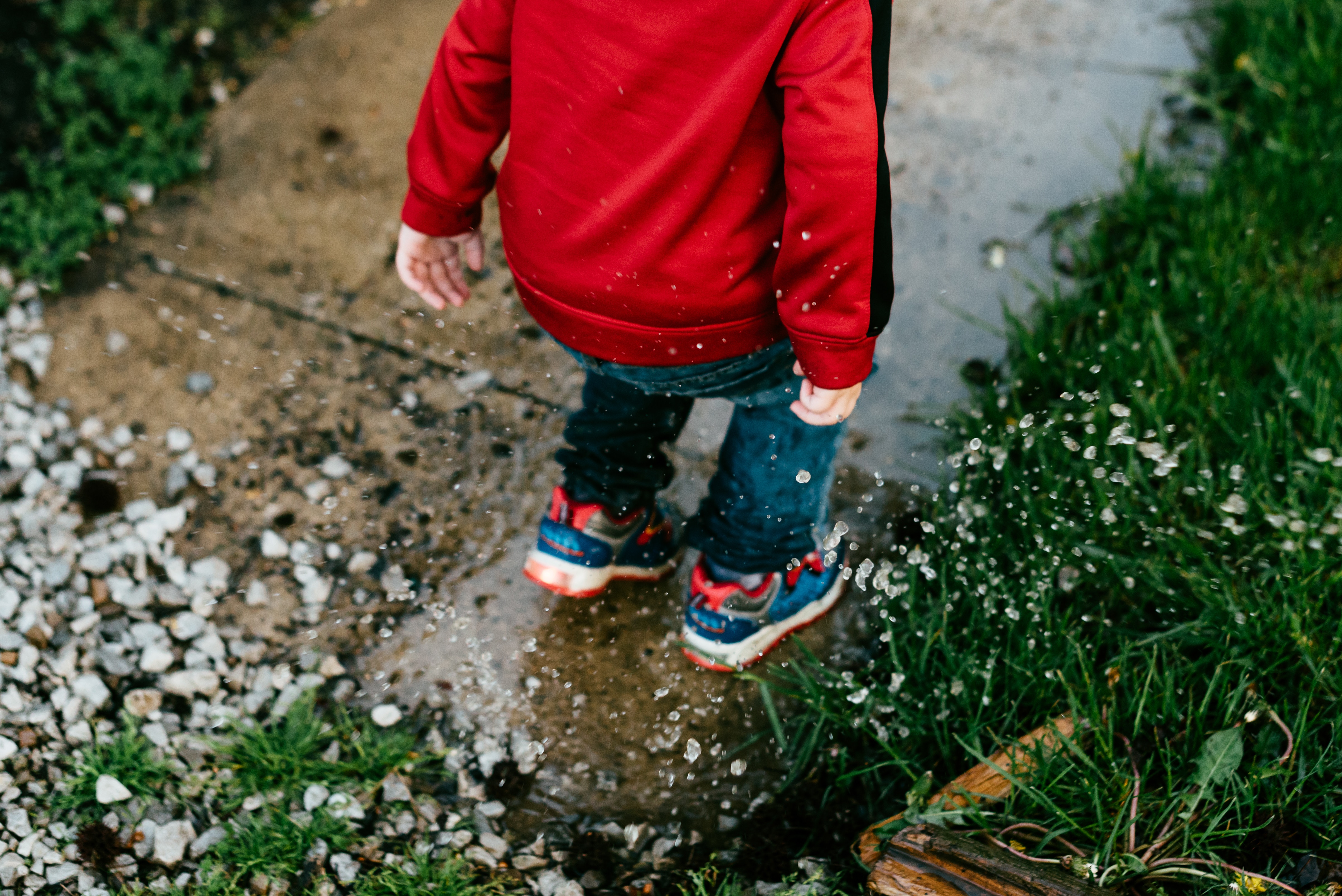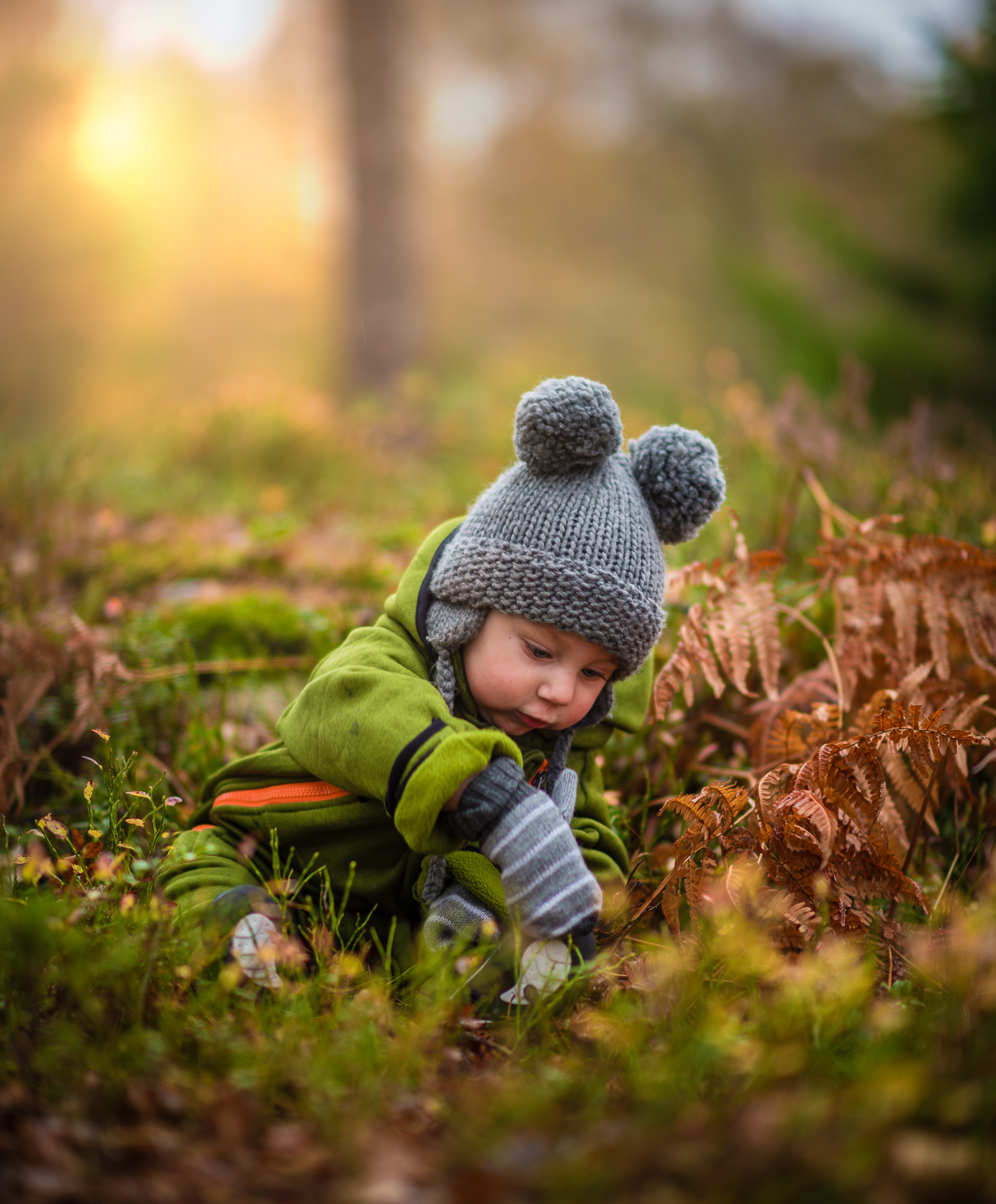As the weather gets colder and the days start getting darker sooner, we tend to spend more time bundled up inside, cosy and warm. If you’re teaching in an ECE centre filled with energetic and rambunctious children, it may however do us all better to play outside and embrace the weather, whether it’s rain, hail or shine.
You’ve likely heard before “there’s no bad days, only bad clothing.” It’s a rhetoric that a lot of ECE teachers repeat and a philosophy some live by – outside in all weather, no matter what!
Why is it so important to get outside during those colder months? Are there any benefits besides a change of pace and scenery? We explore the benefits of outdoor play whatever the weather may be.
Benefits of outdoor play
1. Movement
Evidence is overwhelmingly in favour of regular physical activity for better short and long term health and well-being for under fives. This includes limited time sitting down! (Allen and Clarke 2016). Getting outside for this time gives children movement competence skills in stability and balance skills, locomotor skills and manipulation skills. Up to the age of five, a child needs plenty of opportunities for active play in order to develop these skills (Winter 2010; Sport NZ 2015).
Restricting this movement to indoors for 3 months of the years gives less opportunities for children to develop these skills and could possible hinder this development during vital learning periods. By staying active outside even in the cooler months (with new challenges like frost, snow and rain), they can continue to build on their emerging physical development skills.
2. Building resilience
When children take, and understand, risks while they’re younger, the more likely they are to understand risk and take less dangerous risks when they’re older. Getting outside and active encourages wonderful things like creativity, imagination and exploration – with some careful guidance and scaffolding support, children learn all about decision making and build their resilience. In an ideal world children can take and manage risks while they play and explore freely (feeling a sense of independence), with safety supervision that doesn’t interfere with their play.
The sense of space that children need to take these risks occurs naturally outside; climbing a tree, walking along a plank, or crossing a stream can all be completed by children autonomously and encourage that sense of freedom.
Winter provides additional challenges and hazards to identify, like slippery surfaces and puddles to jump across. They even learn additional resilience behaviours in colder months, perhaps even developing emotional skills when exploring outside on a foggy morning, or learning how warm clothing helps in the snow. Colder weather provides almost endless opportunities to support active children to identify, take, and learn from supervised risks.

3. Emotional, physical and spiritual health and well-being
Contact with nature is essential for the health and well-being of children, and exposure to outside play spaces provides this. Why stop just because it becomes a little colder?
Studies show connecting with nature can:
- Increase self-esteem and resilience against stress and adversity.
- Improve concentration, learning, creativity, cognitive development, cooperation, flexibility and self-awareness.
- Prevent childhood obesity.
‘Just as children need good nutrition and adequate sleep, they may very well need contact with nature. Healing that broken bond between our young and nature is in our self-interest, not only because aesthetics or justice demands it, but also because our mental, physical and spiritual health depends on it.’ (Louv, 2010).
4. Environmental awareness
When children develop a love for nature (and have positive experiences outside in the natural world), they are much more likely to develop responsible environmental behaviour as adults. The experiences children have in nature play a critical role in their overall life attitudes, their knowledge and their eventual behaviours with the environment and their care of the earth.
“We need to allow children to develop their biophilia, their love for the Earth, before we ask them to academically learn about nature and become guardians of it.” (White, R. Stoecklin, V.L., 2008)
Read our article about the benefits of environmental awareness in ECEhere.

5. Empathy and wonder
Research shows that when children have regular contact with the natural world, their empathy for and love of nature grows. With hands-on, informal and self-initiated exploration (play!) in familiar environments, children in ECE begin to engage, become inspired and cultivate their sense of wonder with papatūānuku.
If children have the chance for frequent experiences in nature and outside (without structure), a life-long empathy for conservation values has the best chance of growing.
Imagine the difference of a garden from spring to winter – flowers in bloom and bright green foliage gives way to fallen leaves, bare branches and frost covered grass. Children can see with first hand experience the change of seasons, the life-cycles or plants. The ability for children to see their ECE environment through a different lens is one that should be cherished and encouraged.
BONUS: Parent Winter Myth Dispelled
“I’m worried little Jimmy will get sick playing in the cold.”
Let those parents know that getting a cold or a flu has nothing to do with the winter air! These illnesses are common winter viruses and can be exasperated by staying indoors in poorly ventilated environments full of bacteria.
Outdoor play in winter gives children that much needed exposure to fresh air and Vitamin D, away from any nasty circulating bacteria!
Coming up next on the blog; the best ideas for activities outside this winter! Keep an eye out!
Read more:
